Claiming a Space in the World – Diane Simmons’ Short Stories
Chick lit covers wearing on you?
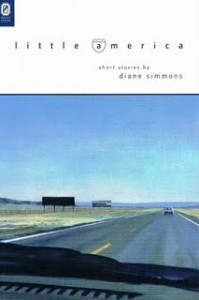
Little America - Stories by US Author Diane Simmons
Glossy images of impossibly long legs and microscopic pink dresses?
If the shopping mall and the salon are too confining, enjoy kicking a little fictional butt.
115 pp. trade paperback
The Ohio State University Press, 2011
In Little America, which won The Ohio State University Prize for Short Fiction, women have gone feral, or never been domesticated at all.
Diane Simmons writes with an open heart and a cutting edge, unfolding her cast of grifters and drifters like wisdom scrolls. These are the knowing innocents of fairy stories, both guileless and lethal – children who will chop off the horse’s head or put the witch in the oven, then walk away singing.
In the title story, Billie loves her little-bit-famous daddy Hank – or Mel – or Clark. She knows that they are “crooks of some sort. Beyond that, she didn’t know much, such as where they came from or what their real names were.” She takes up with an earnest college student “to hedge her bets,” and when her father slips away, she takes the plunge into home and family. One quiet evening, as she eats steak smuggled from work, “she might have said she was happy, and maybe if it could have been like that most of the time, she would have slowly gotten tamed.” But that very night, back at the diner, she’ll have a life-changing encounter.
I read a lot of “boys’ books” as a child, from Kidnapped to Tom Sawyer. Maybe you did, too.
It always seemed that the Huck Finns had the opportunity and desire to “light out for the territories,” while the Becky Thatchers remained safely tied to apron strings.
Even today, it seems that women writers are confronted by a peculiar dichotomy: if we write about domestic life, then our works are dismissed as, well, domestic.
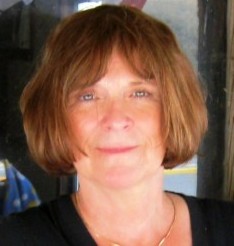
US Author Diane Simmons
A former judge for the Orange Prize wrote that for so many female writers, “it would seem that we have either been persuaded to stay within a narrow experience in order to be ‘taken seriously,’ or more worryingly we are cautiously self-censoring because we are afraid of the gathering forces that are threatening feminism both domestically and internationally.” On the other hand, when women authors tread out into the vastnesses, we may be held up to (and dismissed by) the male writers who have long inhabited these lands.
Do we really know whereof we speak? When my short story “Worth” appeared in Fidelities, it became the topic of a heated debate in a colleagues’ classroom, with both male and female students saying that a woman could not have written so knowingly about fishing and farming. So it is in blue collar writing, which is pretty much defined by male writers.
In Simmons’ stories, the road is fraught with danger and psychic peril, but so is domestic life.
One woman on the lam walks along “looking at the sad little houses. Houses scare me. You never know who’s trapped inside.” These women lust for the wide-open, “the beauty of the shining black American interstate” and “the little breeze, flowing through the cab.” But they can also love a place, even if temporarily.
In “Ticket,” three generations of women are bound to a remote ranch – by love and by other’s actions. Here, Pen talks with her mother about her long-gone aunt:
Verna had taken off her hat and the wind whipped up her hair. Years of lifting and pitching had given her the wide shoulders and the biceps of a twenty-five-year-old farmhand. Now, though, the short dark hair was threaded with silver. In the afternoon light, you saw the fine lines crisscrossing her face and you could believe she was pushing sixty.
“Fine trick,” Verna said.
“What’s a trick? To be sick? Maybe dying?”
Verna scraped mud off her boot heel.
“She’s probably no more dying than anybody else. She’s three years younger than I am. Anyhow, she’s been dead a long time already as far as I’m concerned.”
“Why?”
“Why? Because she went chasing off and she wanted it like that is why. She went chasing off and broke Mom’s heart….”
Simmons’ male characters tend to be believers, whether in a new woman or a new “con” or in saving the Guatemalans. They are prone to tears or acting out, and often falter when confronted by realities that embolden the women – yet they, too, can sometimes surprise.
I loved “Yukon,” about tenderfoots on the Last Frontier, exotic yet familiar–until I recalled my much-worn book of Jack London stories. In the closing tale, “this guy Len” looks way too much like Jesus, so we fear for his gentleness as he deals with old Alaska hands and his girlfriend’s wild tendencies, yet at the end, both prove their mettle.
These people are searching for that place just over the horizon, “someplace where you can make up your own life.”
In the lyrics of Harry McClintock, “I’m headed for a land that’s far away/ Besides the crystal fountains/ So come with me, we’ll go and see/ The Big Rock Candy Mountains.”
Women writers are making up their lives in stories that range from the limits of a single room to the span of galaxies – yet their audacity, or scope, or significance continues to be an issue, from Woolf’s “A Room of One’s Own” to dismissive comments about the “narrowness” of women’s writing by V.S. Naipaul. “Women writers are still struggling to be regarded equal to their male counterparts, irregardless of subject matter, book sales or prizes won,” commented Alice Saggers in “The Old Lemon” blog.
We must be fierce, bold, and loyal to the truths that we know, about the struggles of war or struggles across the kitchen table.
I recently saw a litany for the Lutheran church’s Bold Women’s Day:
“O God of strength, give us courage, hope and open hearts, that we might experience expanding possibilities and grow through change.”
Let us as writers, and women, claim all the wide-open territories.
—–
Val Nieman is a poet and a fiction author, living in central North Carolina, in the southeastern United States. Follow her on Twitter at @ValNieman. Like her Blood Clay Facebook Page. Subscribe to Valerie Nieman’s blog. Take a look at Val Nieman’s books on Amazon.com. And please, if you enjoyed or learned from her post here, leave a comment with a link back to your own blog or website.
Category: Book Reviews, Contemporary Women Writers, US American Women Writers, Women Writing Fiction





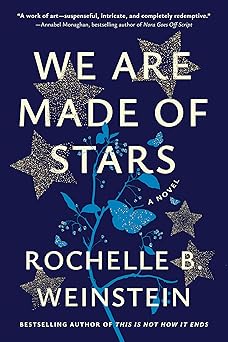
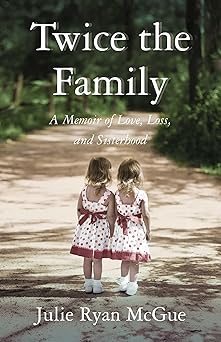
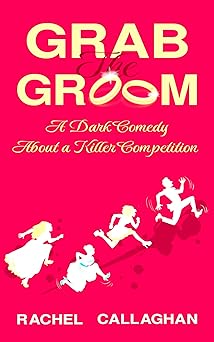
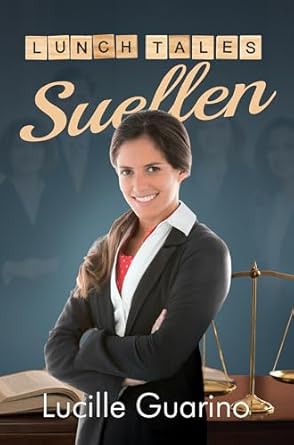

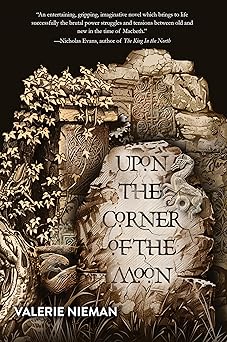
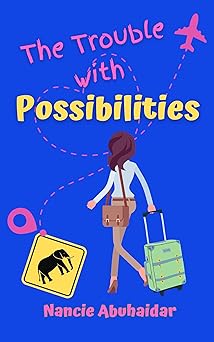
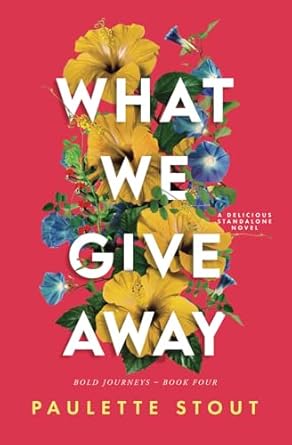
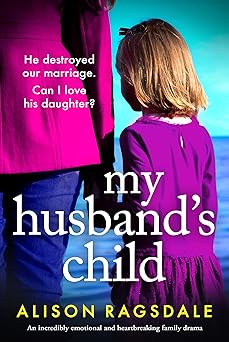
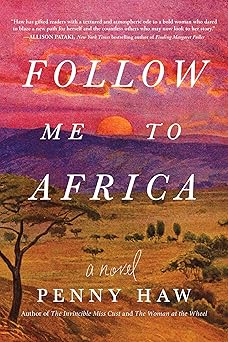
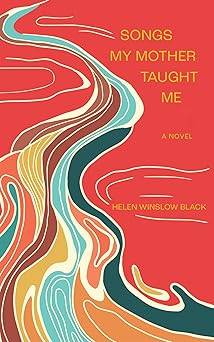
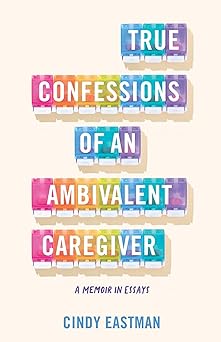
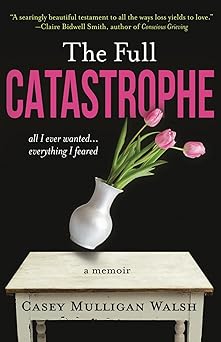
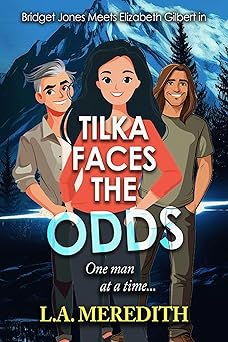
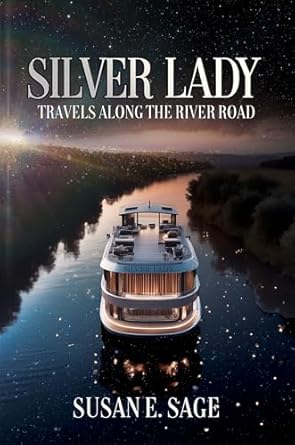
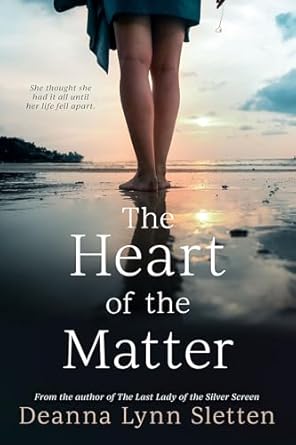
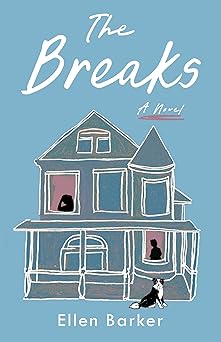
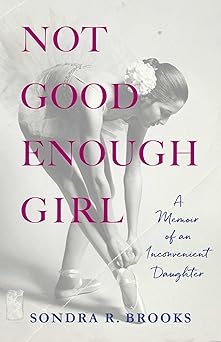
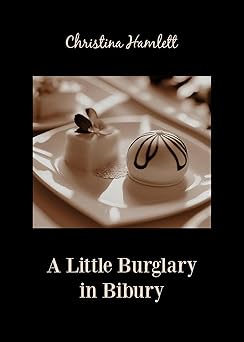
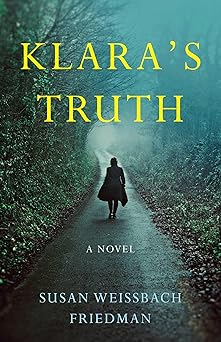
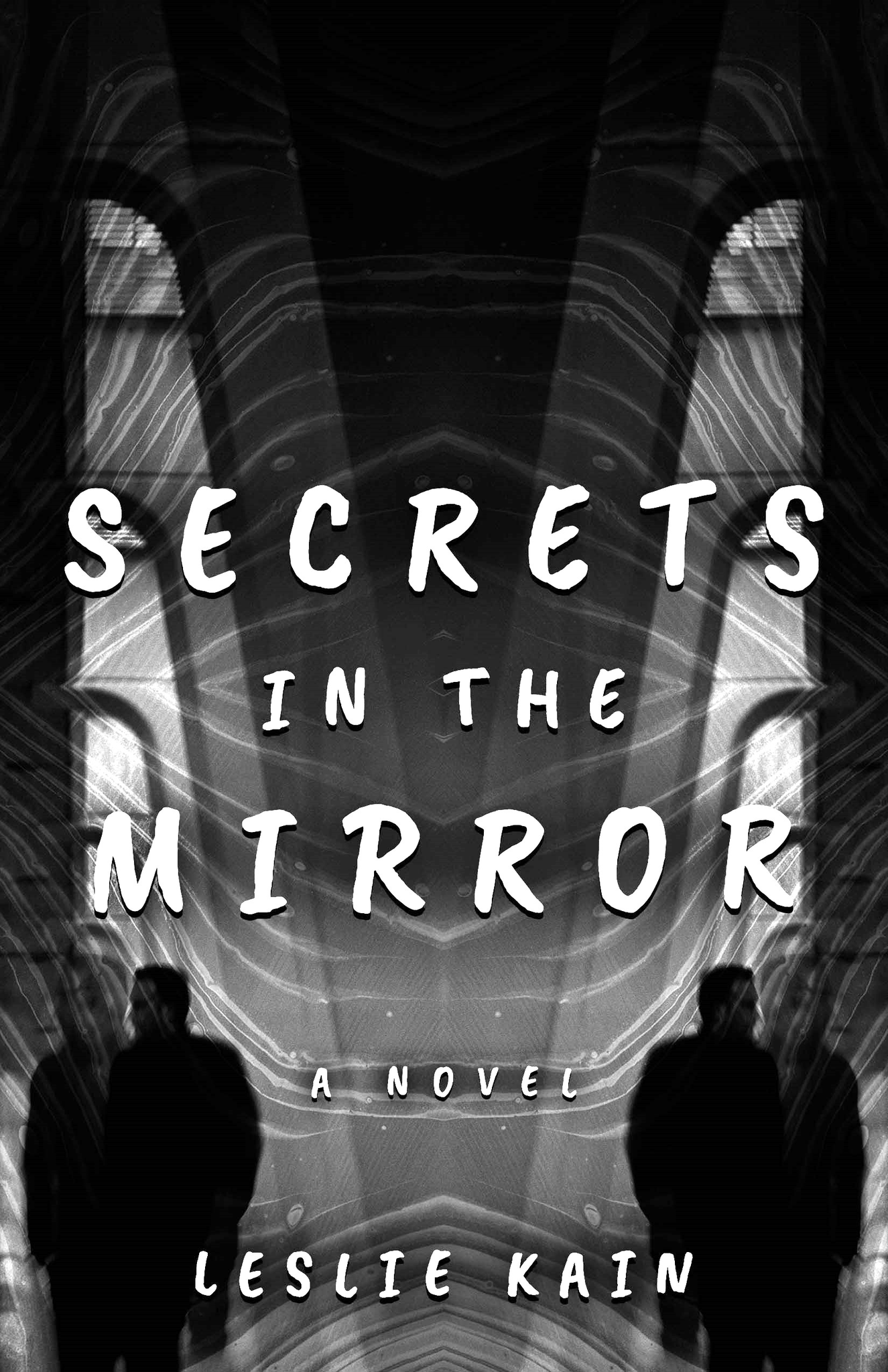
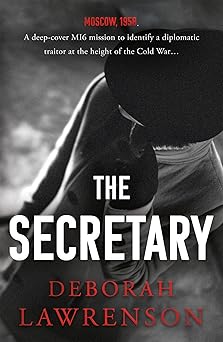
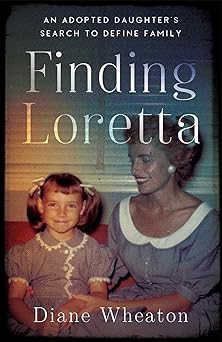
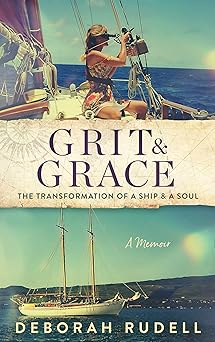
I’m so glad you wrote this piece. It makes perfect sense to me. I’ve always been very bold, some say too bold, but I don’t think so. I think it’s true women writers are confronted by a peculiar dichotomy. I also think sometimes we limit ourselves by reflecting on what our fellow male writers might have us think about we can and can’t do. When I was young I could ride bareback better than my father. I was asked to shift irrigation pipes, drive a tractor and poison rubber vine. Did I ever think I couldn’t do it? Never, not once. For me the same goes for writing. The span of a woman’s galaxy is great and it’s always expanding, but our thoughts are our energy and they must propel us forward. Thank you for writing this piece, Valerie. ~big hug~
Thanks, Vacen, for such good words – and so good to meet you! I learned to skin a rabbit and fillet a bass and hammer a nail straight – along with canning peaches and sewing a straight seam on a treadle Singer. All good, right?
I think we must have lived the same life only on different sides of the world. 🙂 I too preserved my own fruit on our farm, learnt floral arrangement, silk ribbon and floral embroidery. And guess what? I still have two treadle Singer sewing machines. How amazing is it that you mentioned the old treadle. I bet we could have some wonderful talks together. It’s awesome to meet you! I’ve connected with you on Twitter. 🙂
Wonderful review! Yes, we must remain loyal to the truths we know. So glad to have found this site.
Thanks, Julie!